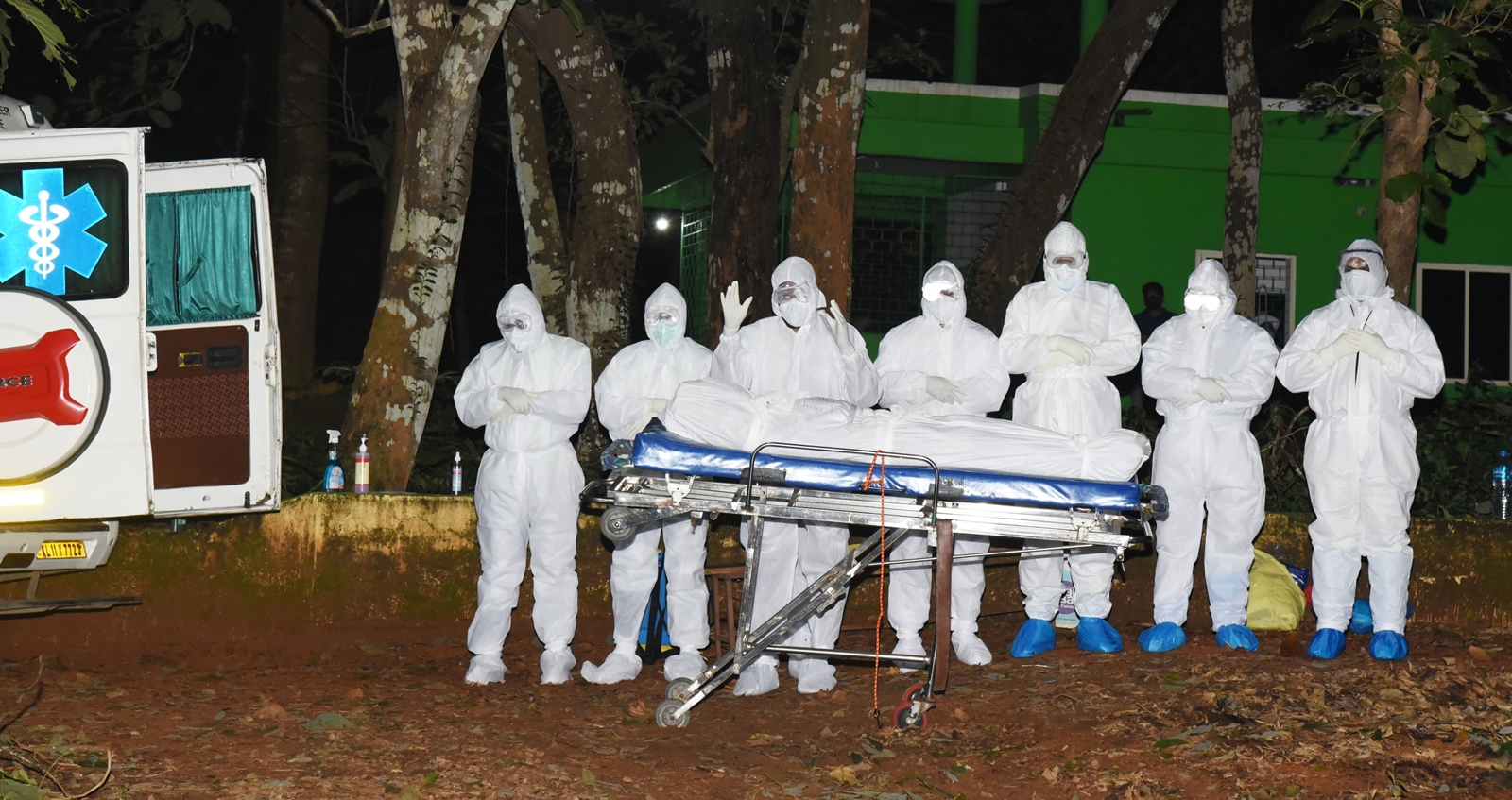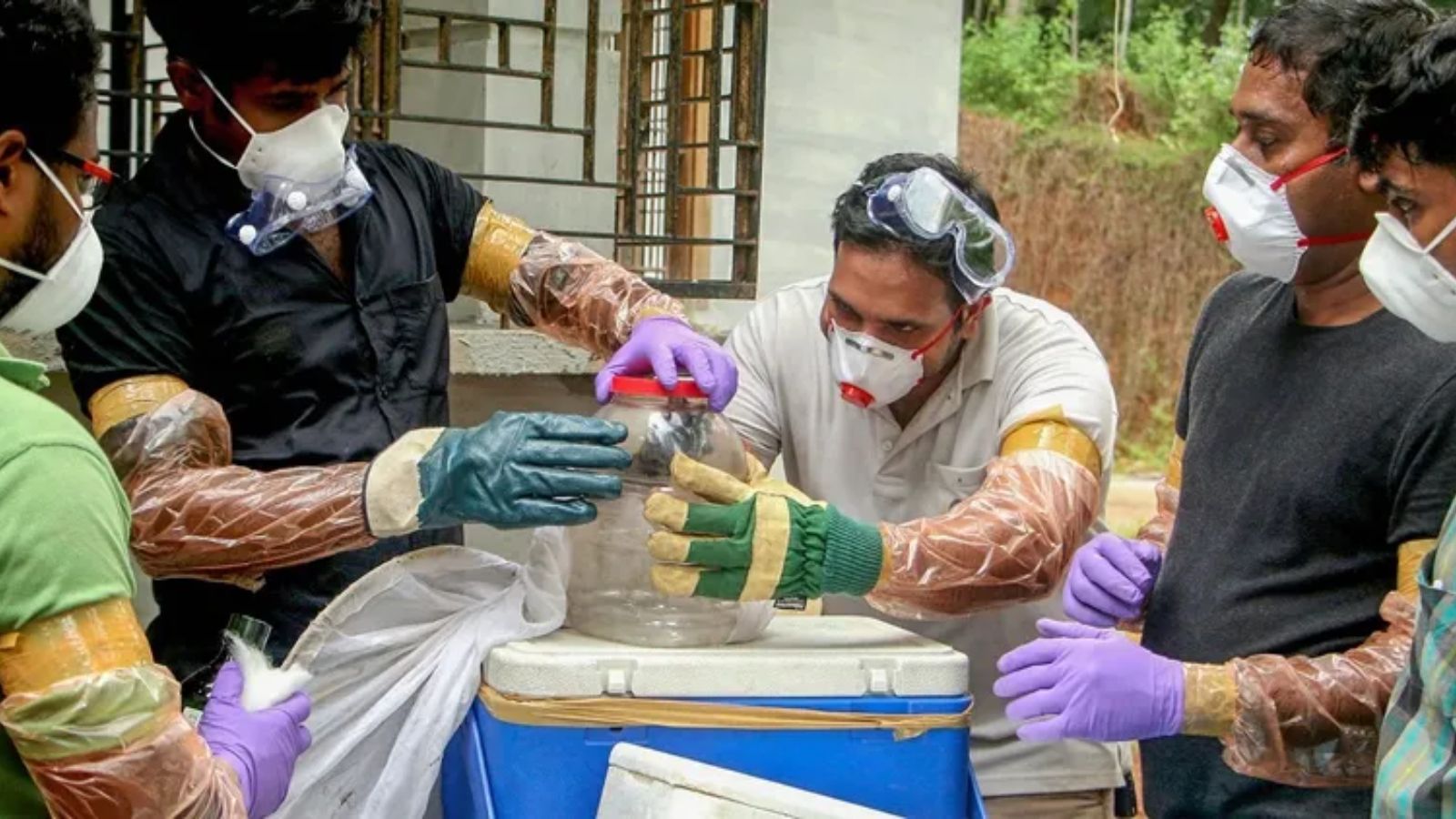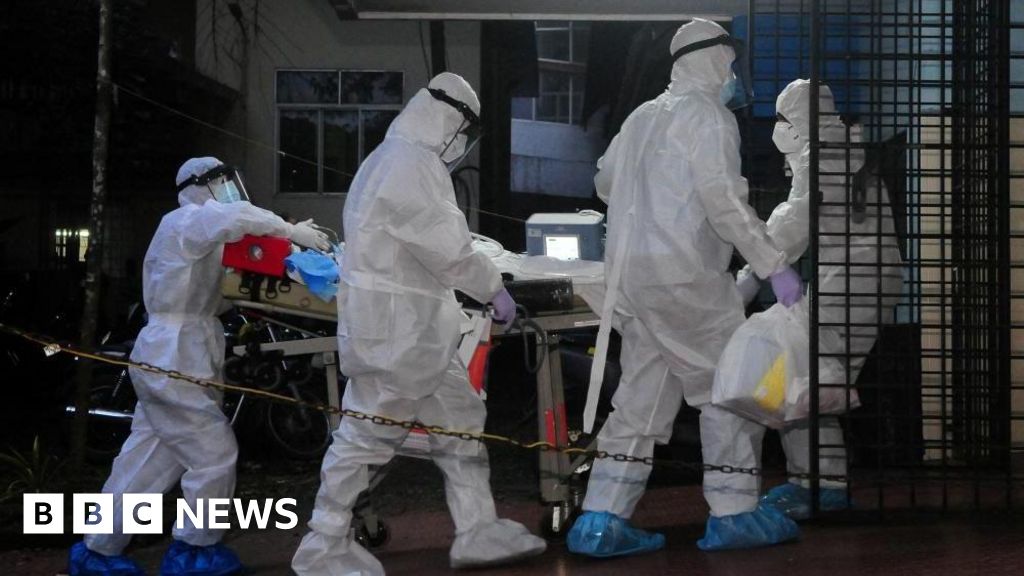
A 14-year-old boy from Kerala, India, has tragically passed away due to the Nipah virus. The virus, which can cause a lethal and brain-swelling fever in humans, was confirmed through tests conducted at various health institutions in the state.
According to reports from local media outlets and health officials, the boy had developed a fever 10 days prior to his death and was initially treated at a private hospital in Kozhikode. However, after testing positive for Nipah virus, he was transferred to the Government Medical College Hospital in Kozhikode for further treatment.
Four people who came into contact with the boy have also reportedly developed symptoms of Nipah virus and are currently being monitored at various health institutions. The state health department has identified 60 individuals as being in the high-risk category due to their potential exposure to the virus.
Nipah virus is a zoonotic illness that can be transmitted from animals such as pigs and fruit bats, as well as through contaminated food or contact with an infected person. The World Health Organization (WHO) has classified it as a priority pathogen due to its potential to trigger epidemics.
The virus was first identified 25 years ago in Malaysia and has led to outbreaks in Bangladesh, India, and Singapore. In Kerala alone, dozens of people have lost their lives due to Nipah virus since its first appearance in the state in 2018.
Health authorities are taking preventive measures to contain the spread of the virus by setting up isolation wards at various health institutions and identifying individuals who may have come into contact with infected persons. The public is being advised to take precautions such as wearing masks in public areas and avoiding contact with animals that may carry the virus.
The tragic death of this young boy serves as a reminder of the importance of taking necessary precautions to prevent the spread of infectious diseases. Our thoughts are with his family during this difficult time.






